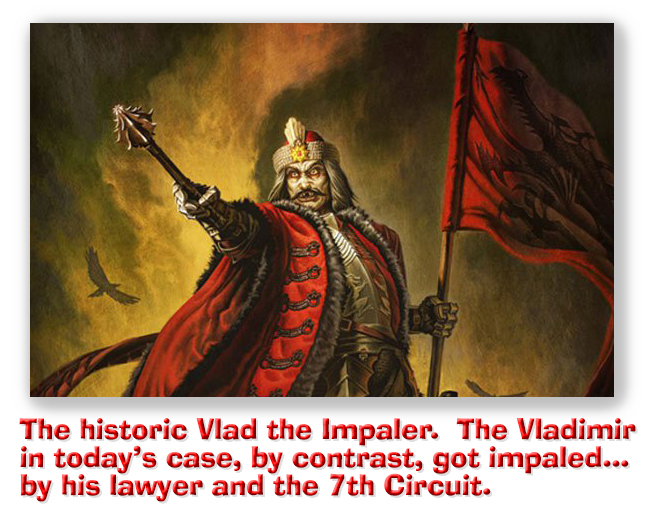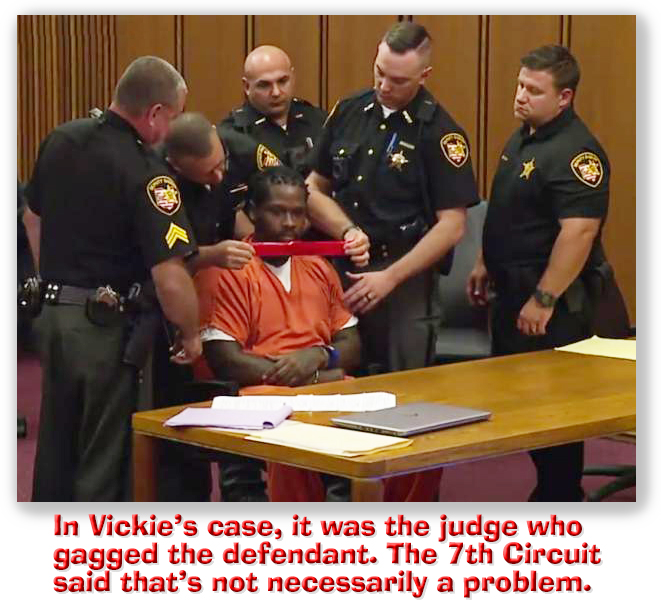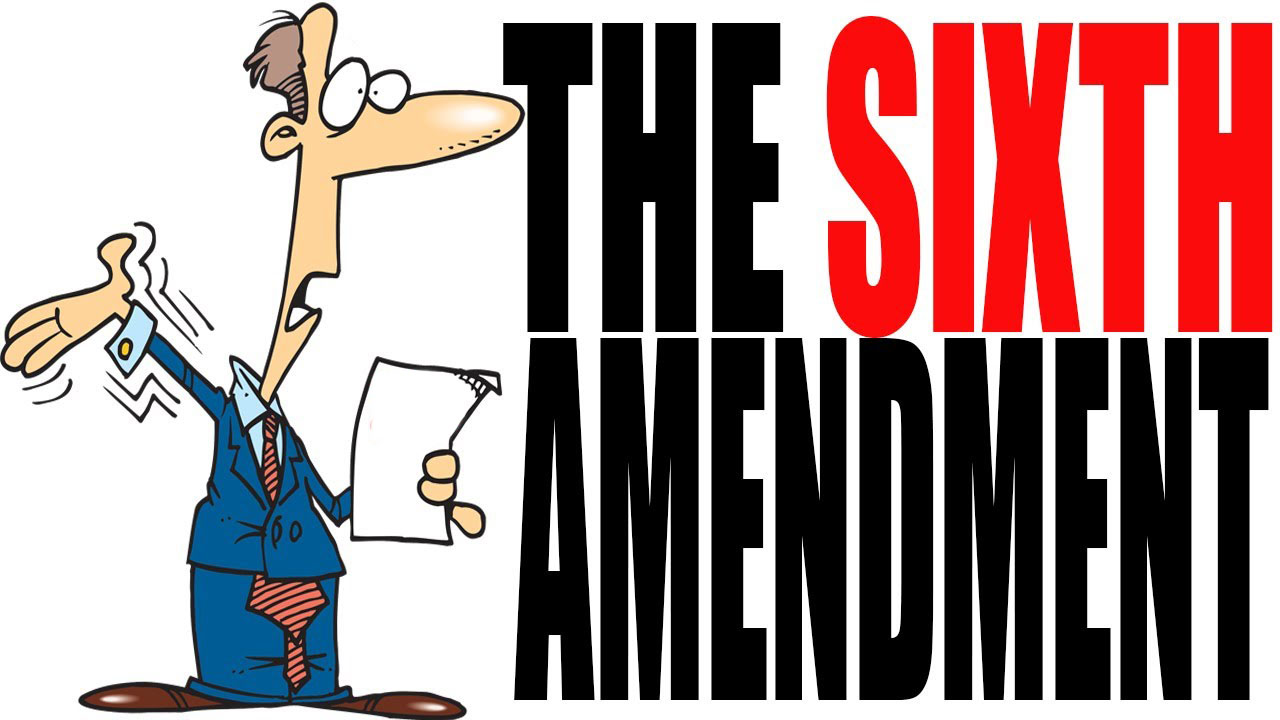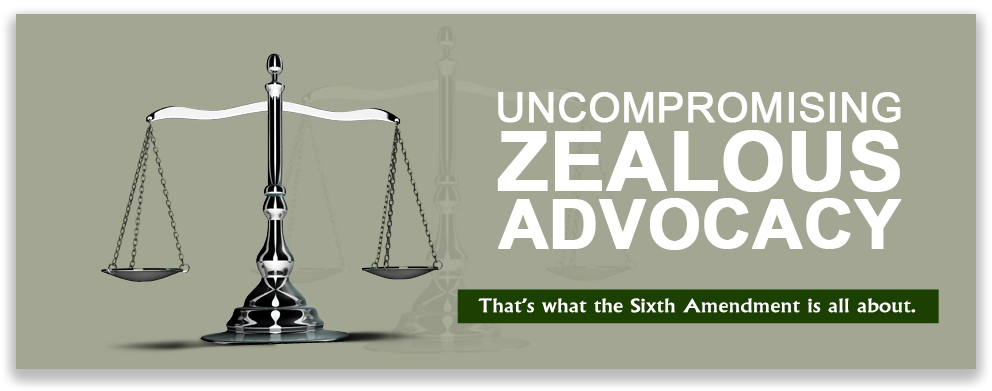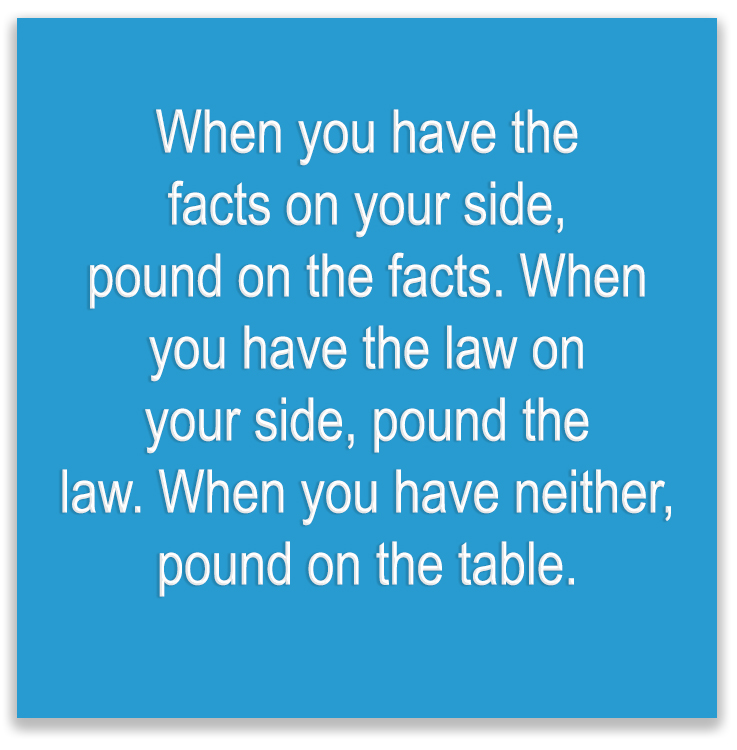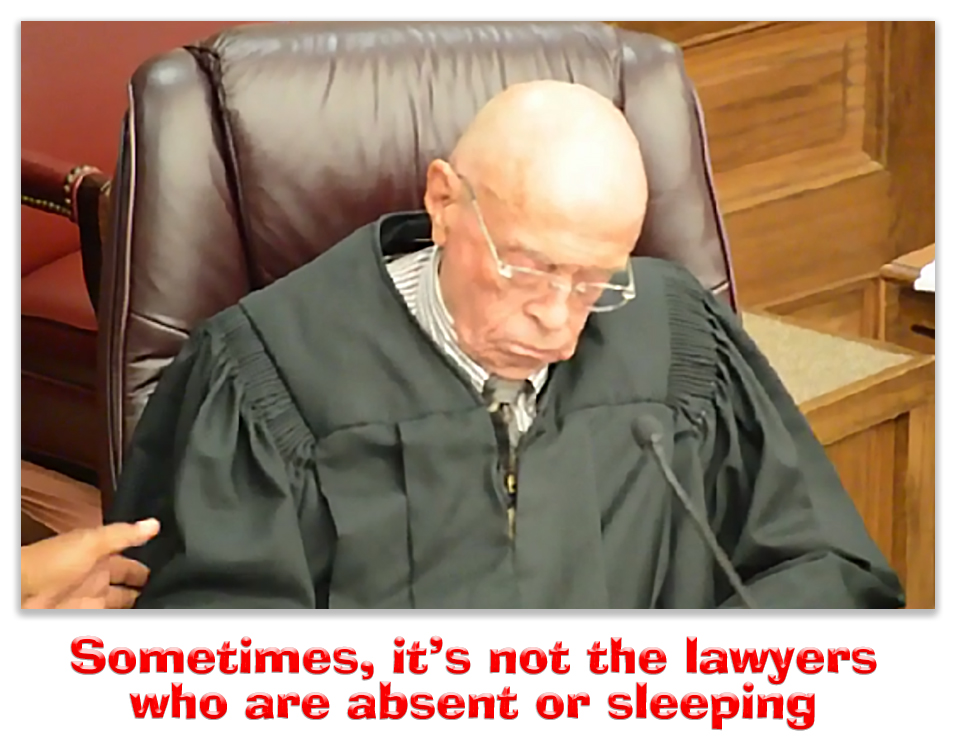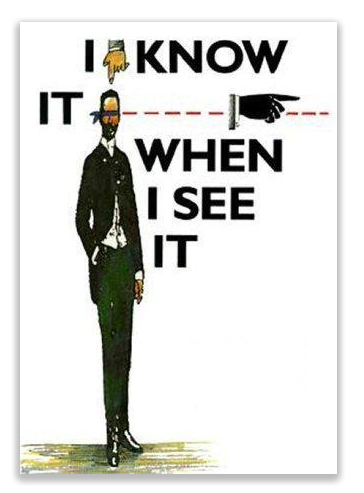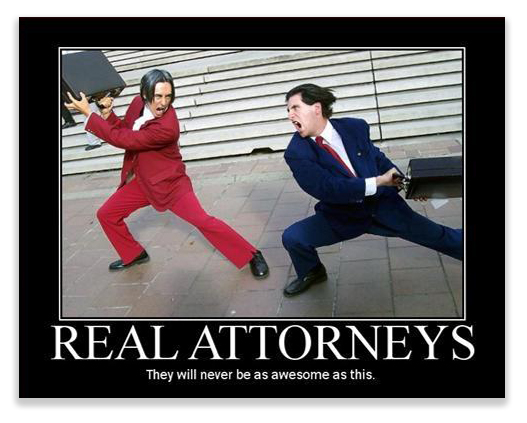We post news and comment on federal criminal justice issues, focused primarily on trial and post-conviction matters, legislative initiatives, and sentencing issues.

SUPREMES’ JANUARY LOOKING CONSEQUENTIAL FOR CRIM LAW HOLDINGS
 The first argument of the current Supreme Court term last October, Pulsifer v. United States, ought to be yielding an opinion in the next few weeks. The First Step Act “safety valve” case – that considers whether “and” means “and” or simply “or” – has increased importance for a lot of people who might otherwise qualify for the zero-point sentence reduction under the new USSG § 4C1.1.
The first argument of the current Supreme Court term last October, Pulsifer v. United States, ought to be yielding an opinion in the next few weeks. The First Step Act “safety valve” case – that considers whether “and” means “and” or simply “or” – has increased importance for a lot of people who might otherwise qualify for the zero-point sentence reduction under the new USSG § 4C1.1.
A condition of § 4C1.1 is that “the defendant did not receive an adjustment under § 3B1.1 (Aggravating Role) and was not engaged in a continuing criminal enterprise…” So does that mean the defendant is qualified unless he has a § 3B1.1 adjustment AND a CCE conviction? Or is he disqualified if he has a § 3B1.1 OR a CCE violation? There are a lot of § 3B1.1 enhancements out there, but not nearly as many CCE convictions.
Even without the § 4C1.1 angle, Ohio State University law professor Doug Berman said last week in his Sentencing Law and Policy blog that Pulsifer may “prove to be the most interesting and impactful sentencing case from the current SCOTUS Term.”
Meanwhile, other interesting Supreme Court developments are happening largely unseen. Last November, the Court granted review in Erlinger v. United States, a case which asks whether the Constitution requires that a jury (instead of the judge) find beyond a reasonable doubt that an Armed Career Criminal Act defendant’s three predicate offenses were “committed on occasions different from one another.”

(The ACCA, for those who got here late, is a sentencing enhancement contained in 18 USC § 924(e)(2) which provides that the punishment for a felon-in-possession conviction under 18 USC § 922(g) begins with a mandatory 15 years and goes to life imprisonment if the defendant has three prior convictions for serious drug offenses or crimes of violence committed on occasions different from one another. Erlinger explores the collision of those elements with the 6th Amendment: can a judge find the ACCA applies to a felon-in-possession by a simple preponderance of the evidence, or must those elements be found by a jury beyond a reasonable doubt?)
The curious development in Erlinger is that both the Solicitor General and defendant Erlinger agree that after the Supreme Court adopted the current “standard for determining whether offenses occurred on different occasions [set forth] in Wooden v. United States” in 2022, the issue of whether the predicates were “committed on occasions different from one another” implicates a defendant’s Apprendi v. New Jersey rights to have facts that raise the statutory minimum and maximum must be decided beyond a reasonable doubt by a jury.
When both parties in a Supreme Court case agree on how the case should come out, the Court appoints a lawyer to argue the other side. SCOTUS has appointed one in this case, who will file a brief next month opposing the briefs Erlinger and DOJ have already filed.
Erlinger is important not only for the ACCA issue presented but because some on the Court have argued that where an enhanced penalty (like 21 USC § 851 drug enhancements) requires a showing of a prior conviction, due process requires that the fact of the conviction be decided by a jury. The Supremes ruled the other way in the 1998 Almendarez-Torres v. United States decision, a holding that was unaffected by the subsequent Apprendi ruling. Justice Clarence Thomas especially has criticized Almendarez-Torres, believing it is wrong, and the fact of prior convictions should be a jury question. Erlinger may give a holding that is expansive enough to address the Almendarez-Torres holding.
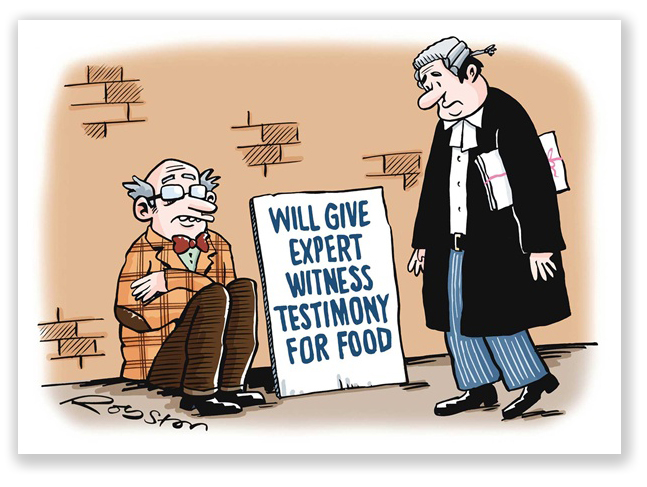 Last week, the Court heard argument in Smith v. Arizona, addressing whether a defendant’s 6th Amendment right to confront witnesses means that the lab expert who prepared a report on drug purity must be put on the stand to verify the report. Many courts currently permit another expert who did not conduct the test to testify as to drug purity based on the report’s findings.
Last week, the Court heard argument in Smith v. Arizona, addressing whether a defendant’s 6th Amendment right to confront witnesses means that the lab expert who prepared a report on drug purity must be put on the stand to verify the report. Many courts currently permit another expert who did not conduct the test to testify as to drug purity based on the report’s findings.
The Court seemed sympathetic to Jason Smith, an Arizona prisoner who contends that the expert’s testimony – based on a drug purity test performed by someone who wasn’t present to testify – contravened the 6th Amendment’s confrontation clause, which gives defendants in criminal cases the right to “be confronted with the witnesses against him.”
Finally, the Court will hear the argument tomorrow in Loper Bright Enterprises v. Raimondo, the case that could end Chevron deference – the notion that courts must defer to agency interpretation of statutes and rules. A change in Chevron deference could affect the Sentencing Guidelines, court deference to agency interpretation of gun laws, and court deference to BOP policies, among other changes.
Sentencing Law and Policy, Top side SCOTUS brief now files in Erlinger v. US, the case considering Apprendi’s application to part of ACCA (January 9, 2024)
Almendarez-Torres v. United States, 523 U.S. 224 (1998)
Erlinger v. United States, Case No. 23-370 (S.Ct., awaiting decision)
Smith v. Arizona, Case No. 22-899 (S.Ct., argued January 10, 2024)
SCOTUSBlog, Court appears to favor Arizona man’s confrontation clause claim (January 10, 2024)
Loper Bright Enterprises v. Raimondo, Case No. 22-451 (S.Ct., awaiting argument)
– Thomas L. Root


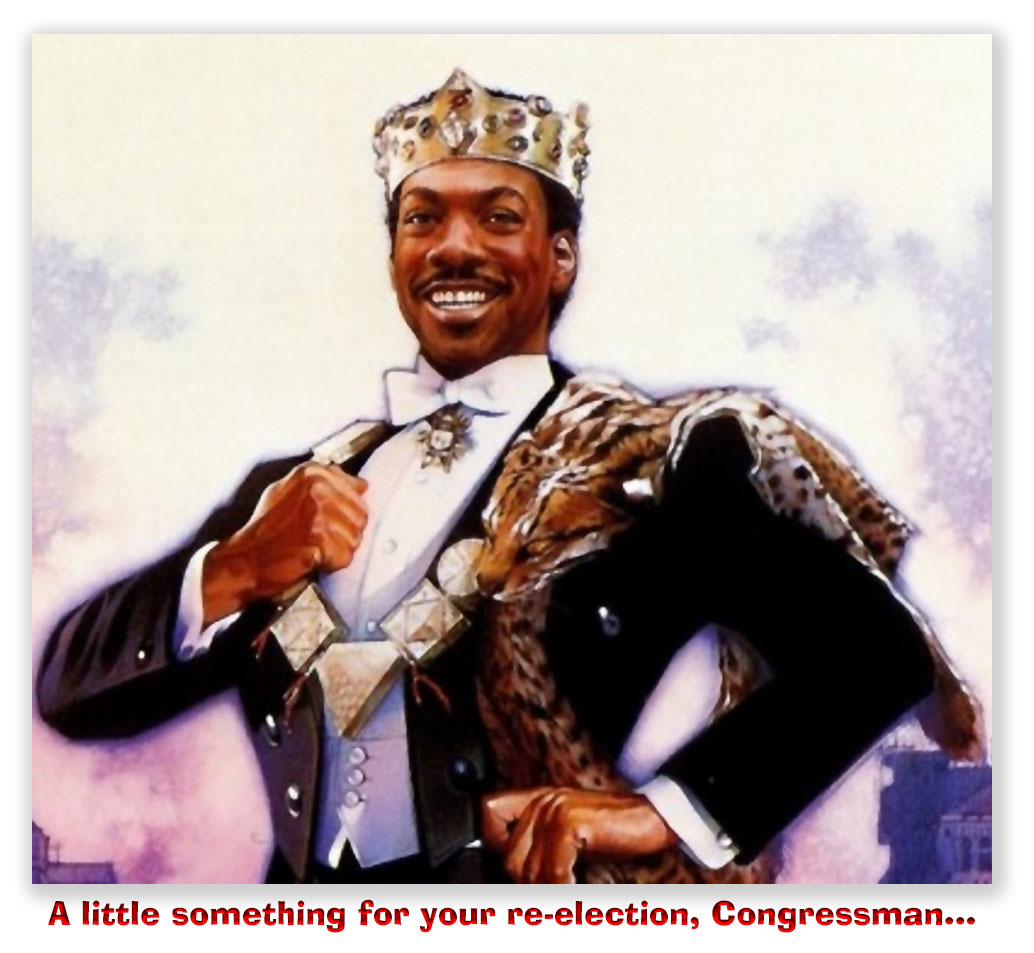


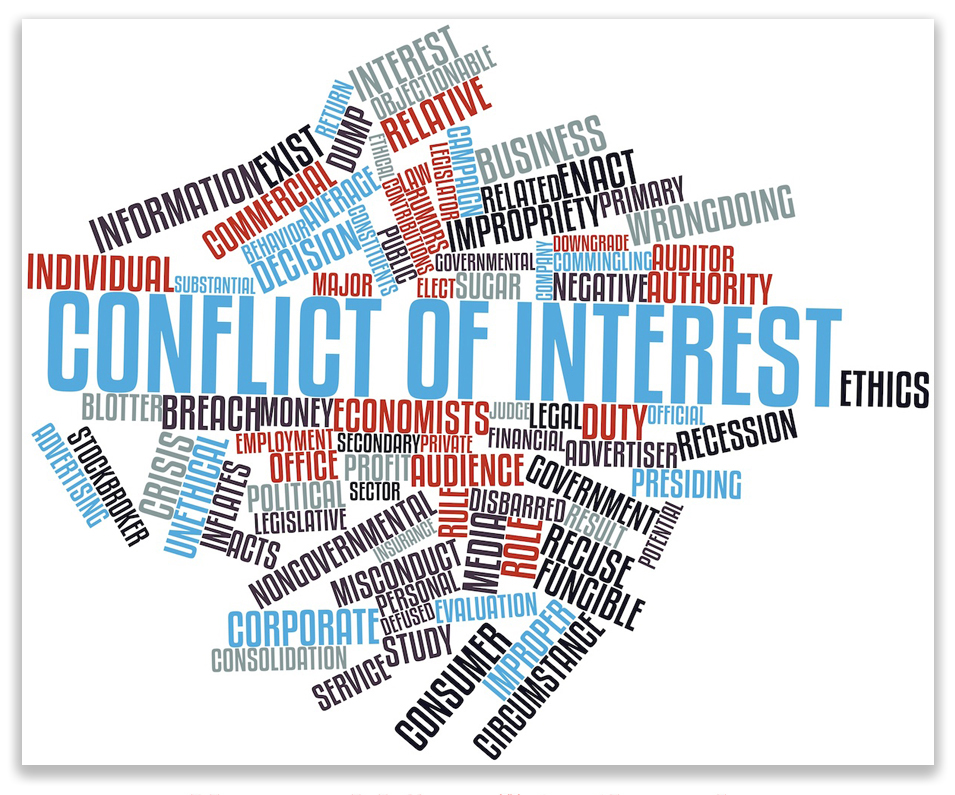


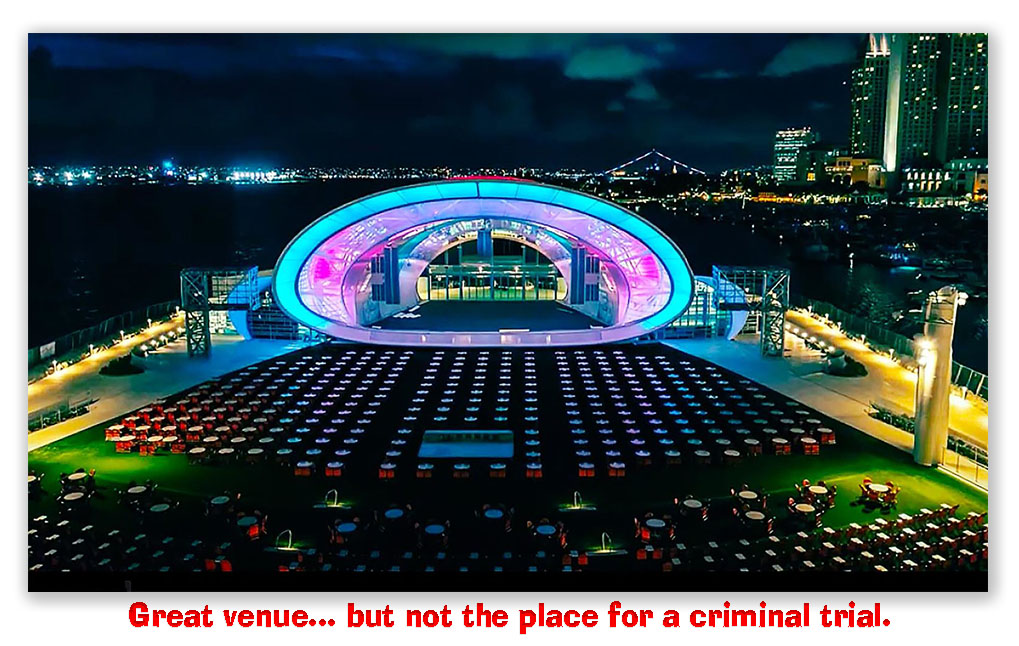



 End Run: John Ham filed a
End Run: John Ham filed a 

